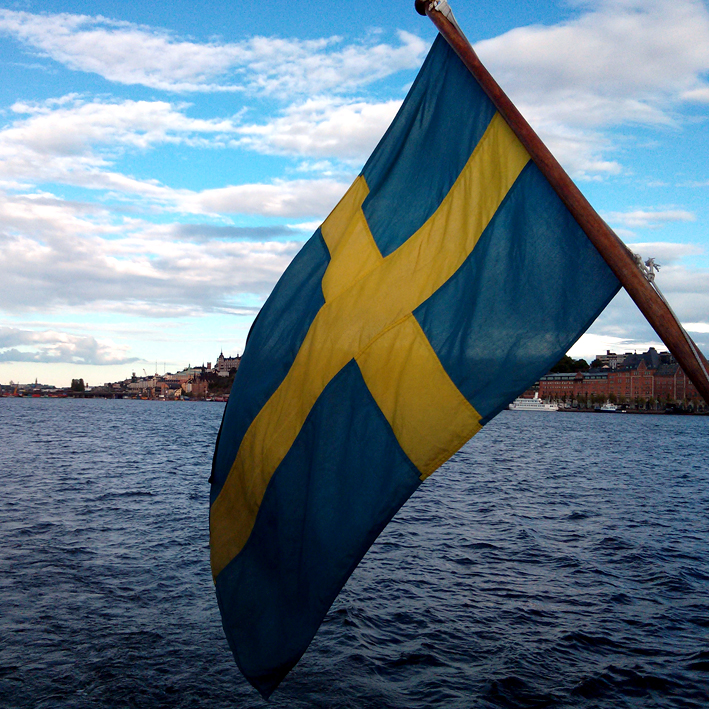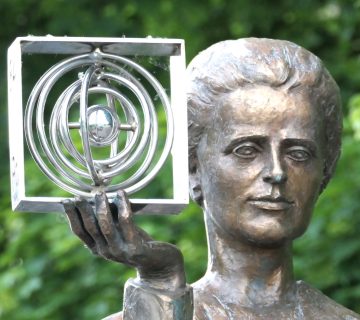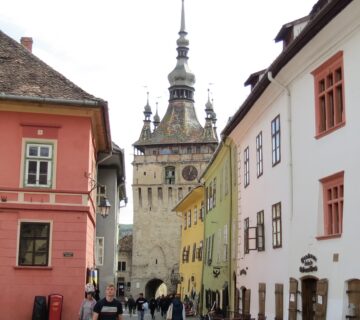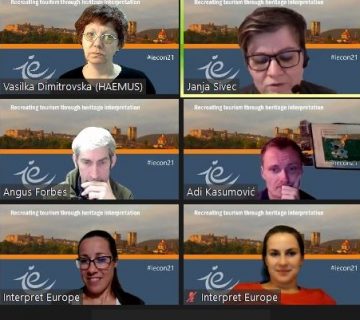
The conference was held near Stockholm, Sweden’s capital city. Our venue was the Folkhögskola, a college for adult education, in the historic town of Sigtuna on the shores of Lake Mälaren. There are many interesting interpretive sites in the greater Stockholm area such as Skansen, the world’s oldest open air museum, the Vasa Museum with its magnificent 16th century warship, national parks, ancient Viking settlements and much more.
Heritage interpretation and Citizenship
Our conference theme has been inspired by the European Year of Citizens 2013, but we widened the scope to consider citizenship at all levels from the community to the wider world. We explored the ways in which interpretation of cultural and natural heritage can develop a shared sense of belonging, of ownership, of responsibility and of mutual understanding.
We debated how skilled interpretation of a place or site – natural or cultural – can reinforce civic values and encourage engagement by local people as well as by visitors from further away. How can interpretation help people to broaden awareness of their own and of other communities? How can interpreters promote more inclusive approaches and foster understanding of different (and even ‘conflicting’) heritage and cultures? We took advantage of discussing these questions among interpreters with diverse cultural backgrounds.






